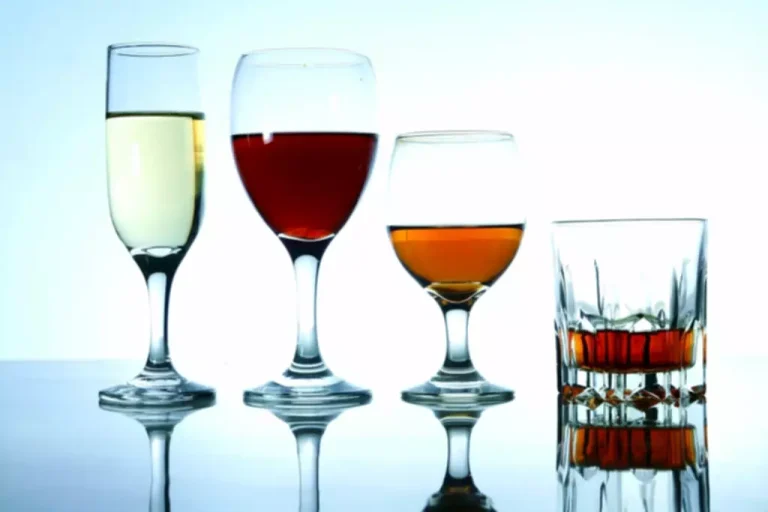
But when you ingest too much alcohol for your liver to process in a timely manner, a buildup of toxic substances begins to take a toll on your liver. Dr. Sengupta shares some of the not-so-obvious effects that alcohol has on your body. Heavy drinking can also lead to a host of health concerns, like brain damage, heart disease, cirrhosis of the liver and even certain kinds of cancer. You probably already know that excessive drinking can affect you in more ways than one.
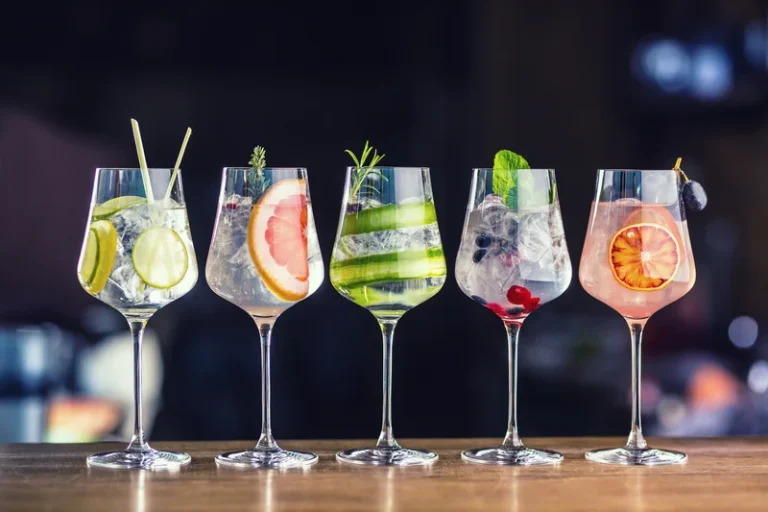
Alcohol and domestic violence
Keep reading to learn about the connection between alcohol addiction and relationships and how to prevent or manage relationship issues caused by a drinking problem. Therefore, the objective of this article is to provide an update on the link between alcohol intake and obesity. Furthermore, factors that may explain the conflicting findings in this research area are discussed. Finally, recommendations for future research are provided to promote a better understanding of the possible obesity-promoting effects of energy intake from alcohol. Young people who grow up around addiction may struggle to develop trust and form healthy relationships. Due to exposure to erratic behavior, broken promises, and possible neglect, they may find it difficult to trust others or may fear forming close connections.
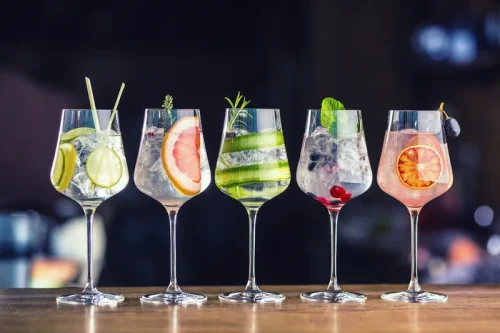
Treatment & Support
- Parents under the influence may neglect a child’s physical or emotional needs, fail to provide supervision, or engage in harmful behaviors.
- When someone starts drinking in order to feel happy, their partner may see this change as a reflection on themselves, and internalize that their partner is unhappy in their relationship.
- Alcohol can also contribute to arrhythmias (irregular heartbeats) and hypertension (high blood pressure), increasing the risk of heart attack, stroke, and heart failure.
- Alcohol problems can quickly damage relationships, though it’s often more challenging to determine whether you have one if you’re dealing with an addiction.
- These intense feelings can make it hard to offer support and compassion to the individual struggling with addiction.
Many inpatient programs include family therapy sessions when possible.7 These may be part of effects of alcohol on relationships your session schedule or part of the program plan, such as a “family week” where your loved ones are invited to visit the facility for educational and therapy sessions. The brain is a delicate and intricate organ that must maintain a careful balance of chemicals, called neurotransmitters, for a person to function properly. Alcohol intoxication can disrupt this fine balance, disturbing the brain’s natural equilibrium, and long-term, chronic use forces a person’s brain to adapt in an effort to compensate for the effects of alcohol. Alcoholics Anonymous is available almost everywhere and provides a place to openly and nonjudgmentally discuss alcohol issues with others who have alcohol use disorder. But prolonged alcohol abuse can lead to chronic (long-term) pancreatitis, which can be severe. Alcohol is often a contributing factor in intimate partner violence, child abuse, and child neglect (3).
How Alcohol Affects Relationships
Moreover, alcoholic couples were comparable to distressed, nonalcoholic couples on levels of positivity (O’Farrell & Birchler, 1987) and negativity (Billings et al., 1979). Nevertheless, researchers and clinician may benefit from a conceptual guide that can be used to replicate and build upon the studies evaluated in this review. It is not meant to be exhaustive; rather, it is meant to serve as a foundation and springboard for future studies, and as a point of departure for more elaborate, comprehensive theoretical models of risk. For example, the majority of the studies evaluated in this review tested the direct effects of alcohol use on marital satisfaction (path “a”) or interaction and violence (path “b”). However, no studies have attempted to identify multiple mediated pathways of risk from alcohol use to divorce, or pathways that evaluate the relationships among the various marital functioning domains in the context of alcohol use and divorce (paths g, h, i, and j).
Links to NCBI Databases
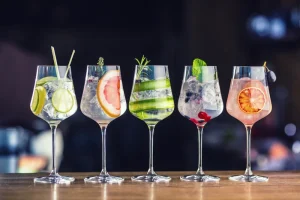
When someone starts drinking in order to feel happy, their partner may see this change as a reflection on themselves, and internalize that their partner is unhappy in their relationship. If there are underlying issues in the relationship, drinking to feel happy can also prevent these issues from coming to the surface and getting resolved. Hiding your drinking from a loved one is a common sign that your habits have become unhealthy.
- Understanding these changes in behavior and dynamics is essential for addressing the impact of alcohol on relationships.
- Once organized, these factors present the opportunity to examine their main effects and, more importantly, their interactions with other relevant risk factors present for individuals of interest at specific points in time.
- Ideally, the investigation would involve collecting data on alcohol consumption frequency over the past year along with the corresponding number of hospital visits/psychiatric consultations resulting from it.
- Noel et al. (1991) reported that female alcoholics engaged in higher levels of positivity and lower levels of negativity toward their spouses than did male alcoholics.
- Husbands in concordant drinking couples, on the other hand, either reported negligible differences between groups (McLeod, 1993) or reported higher levels of satisfaction than alcoholic men who were married to nonalcoholic women (Perodeau & Kohn, 1989).
Read more about how alcohol can affect us
Alcohol can greatly increase the chance of aggressive behavior in some people and often plays a role in intimate partner violence. Being in a relationship with someone with alcohol use disorder can be challenging. Your husband may pick fights with you when he drinks or you’re no longer as intimate as you were before. You may feel like alcohol has ruined your relationship or is the cause of your divorce. Get professional help from an online addiction and mental health counselor from BetterHelp.
With time and support, relationships can heal and grow authentically without alcohol. This issue is addressed by modeling alcohol-facilitated IPA via APIM (Kenny et al., 2006). One notable contribution of this approach is the potential to detect Actor × Partner interactions, which directly reflect the joint effects two partners’ myriad characteristics on IPA perpetration. Such findings highlight the interpersonal nature of IPA and, more specifically, how both partners’ alcohol use contributes to IPA.
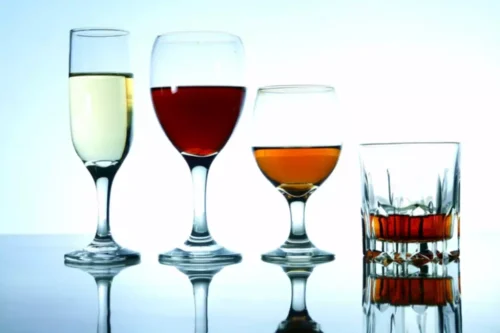
Can alcohol change a person?
When alcohol has become a core part of our relationships, it can stand in the way of us taking action to change our own drinking habits, even when they aren’t making us happy. Similarly, we can be affected by the drinking of our partner, friend or loved one, causing tension and disagreement, or leading us to drink more. When a person has a problem with alcohol, it doesn’t just affect them; it also impacts the people in their life.5 Below are some of the ways alcohol can affect relationships of various types.

